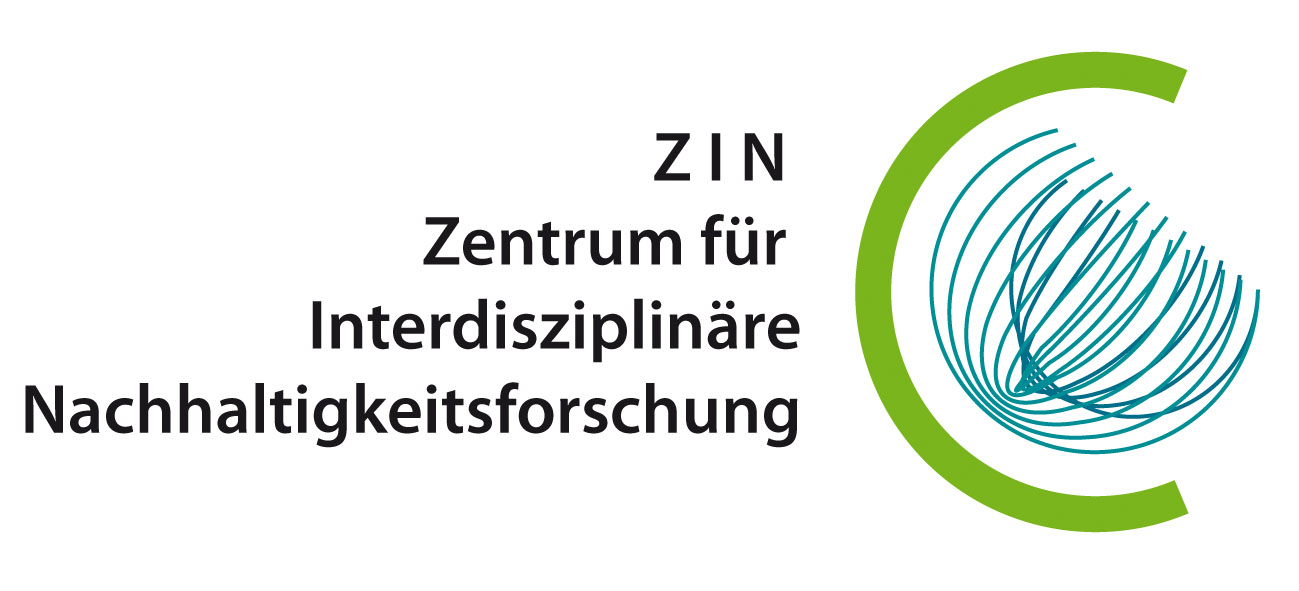In the project “Universities in the Anthropocene - Lighthouse Adoption and Transfer for Sustainable Development”, the Universities of Siegen, Münster and Osnabrück are analyzing how it can be possible to make lighthouse projects for more sustainability and global justice more widespread at universities. To this end, they are generating new knowledge about the role of lighthouse projects in university transformation processes at an analytical level drawing on the Whole Institution Approach (WIA).
Based on this knowledge, an exploration of existing lighthouse projects in the dimensions of research, teaching, operations, governance and transfer and across all hierarchical levels will be carried out at the three participating universities. Subsequently, the partner universities will initiate so-called sustainability workshops in cooperation with non-university institutions located in their regions in order to induce the creation of new lighthouses in which the broad impact and scalability are considered from the very beginning of the conception. The regional practice partners are institutions linked to the universities (e.g. student unions), municipal institutions (e.g. city administrations) and private sector actors (companies, non-governmental organizations and initiatives). In parallel, the concept of sustainability workshops is also being promoted at other German universities in order to examine the extent to which the knowledge gained in the work packages described above can be transferred to other universities. The workshops are subject to close scientific observation and monitoring.
At the University of Münster, the project is being carried out at the Center for Interdisciplinary Sustainability Research by Prof. Doris Fuchs (principal investigator), Julia Wiehthüchter and Fynn Schmidt.
Research on the sustainability transformation of universities has developed considerably in recent years - not least due to previous projects within the framework of the Sustainability in Science Initiative (SISI). An important component of these activities is the development and documentation of best practice examples, often referred to as lighthouses. In these, transformations within all five areas of the Whole Institution Approach are designed and implemented, which forms an excellent basis for other universities to transform themselves based on such lighthouses.
However, to make the lighthouses actually work at many universities and colleges, one central element is missing: knowledge about how to transfer a lighthouse from one university to another. This is particularly due to the fact that without a basic understanding not only of the transformation necessities but also of the relevant adaptation processes, users are quickly overwhelmed by the task of transferring a lighthouse to their own university. Whether in teaching or research, operations, governance or transfer - sustainability transformations at universities require new alliances and specific impulses and must always take context-specific factors into account.
Therefore, the primary concern of this project is how existing lighthouses can be successfully transferred and adapted to other universities. Accordingly, LATERNE pursues three goals: (1) to improve the understanding of the conditions for the transfer and adaptation of lighthouses, (2) to promote concrete processes of adaptation and transfer of lighthouses at the three universities in Siegen, Münster and Osnabrück and (3) to disseminate lighthouses across the German higher education landscape by linking knowledge about best practices and transfer processes and forming a network with other universities and regional stakeholders.
The project uses a combination of qualitative and quantitative research methods. The focus is on participatory processes engaging different status groups within and outside the universities in the workshops.

The development of the conceptual framework is based on literature research and workshops within the research team (WP1). The exploration phase uses a combination of expert interviews as well as web and document analyses (WP2). The design and selection of the workshops are based on a meta-analysis of previous lighthouse projects in other contexts and the application of Theory U and the Design Thinking method (WP3). The evaluation uses a benchmarking system along criteria that reflect all dimensions of WIA (WP3). The workshops themselves combine systemic process support with design thinking and take place in a mix of networking events, group workshops, working groups and individual work (WP4). Finally, the project results will be disseminated via multiple channels (website, conferences, social media, scientific and popular science publications, etc.) (WP5).

